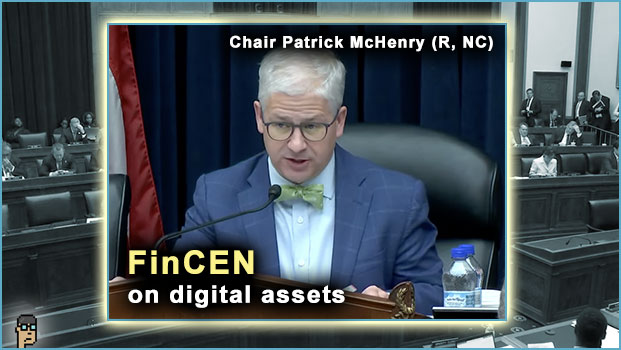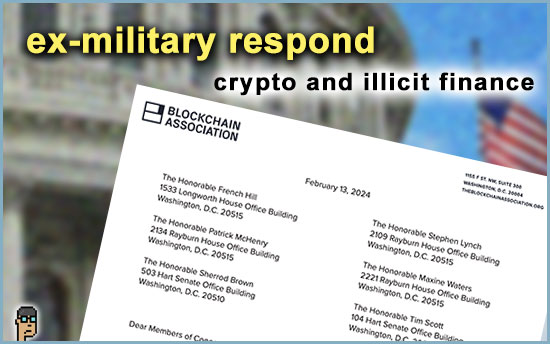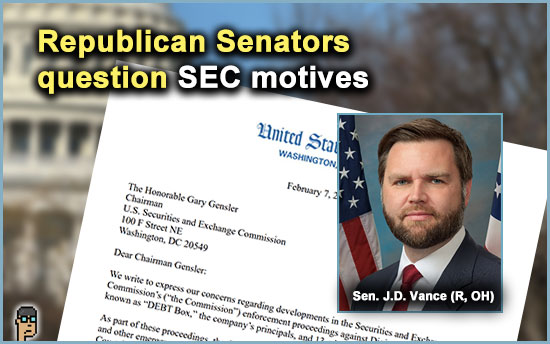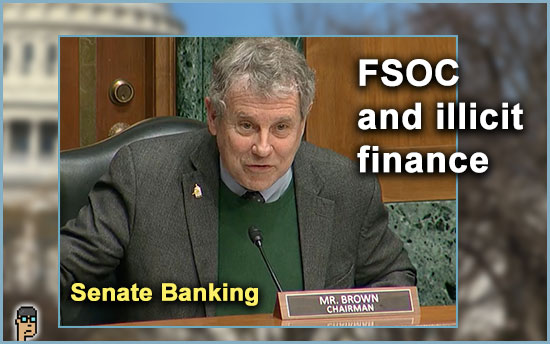emergency loss
So much for the “emergency.”
Late Friday, the “emergency” survey of cryptocurrency miners’ energy usage to be undertaken by the Department of Energy’s Energy Information Administration (EIA) was put on a 4-week hold… at a minimum. Read more in Reuters. Another court loss for anti-crypto advocates.
It was less than a month ago that the EIA at the behest of the White House’s Office of Management and Budget (OMB) had announced that crypto mining was a threat to the energy grid, hence the need for an emergency survey.
The public release of its results was said to be a cause for serious concern by complainants Riot Platforms and Texas Blockchain Council.
District Court Judge Alan Albright was unequivocal in his motion for a temporary restraining order (TRO): “The Court believes that Plaintiffs (i.e. TBC and Riot Platforms) are likely to succeed in showing that the facts alleged by Defendants to support an emergency request fall far short of justifying such an action. As a result, the determination likely violates the APA as ‘arbitrary, capricious, [or] an abuse of discretion.'” (h/t @lee_bratcher)
See Judge Albright’s “Order on Motion for TRO.”
Perianne Boring, CEO of industry organization Chamber of Digital Commerce said on X, “This is a victory for all proponents of freedom and rule of law.” The Digital Chamber has supported the lawsuit.
what you should know: Another day, another rules violation. Friday’s court order echoes the findings of the Government Accountability Office (GAO) last October where the Securities and Exchange Commission’s controversial Staff Accounting Bulletin 121 violated the Congressional Review Act (CRA), “which adopts the definition of rule under the Administrative Procedure Act (APA) but excludes certain categories of rules from coverage.” Continue reading “Anti-Crypto Loses In Court Again; Digital Assets Joins The Election Agenda”








